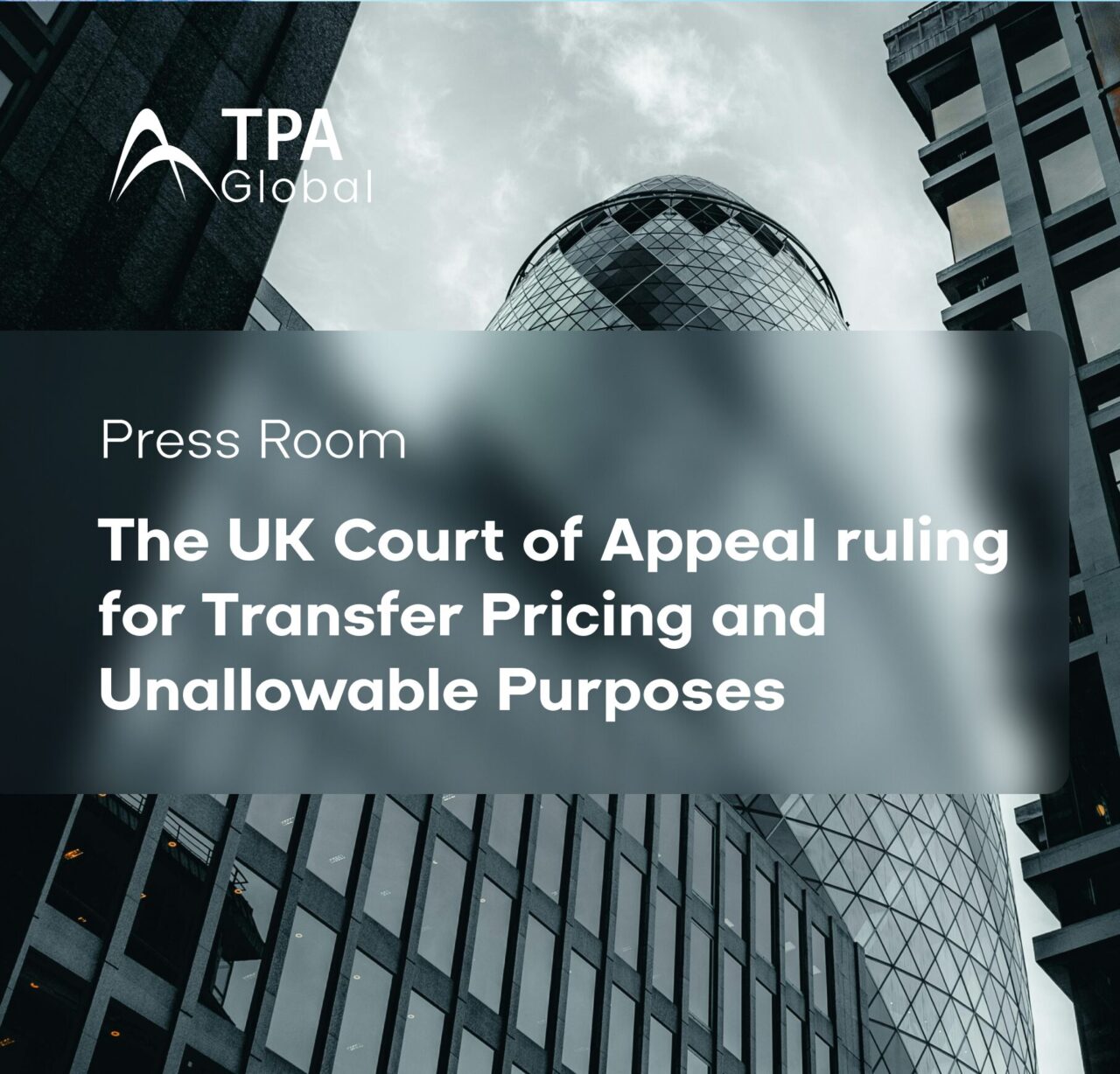Case law: BlackRock HoldCo 5, LLC v The Commissioners for His Majesty’s Revenue and Customs (“HMRC”)
Background
In 2009 the BlackRock group acquired the Barclays Global Investors (“BGI”) for approximately US $13.5 bn from the Barclays group. The acquisition structure involves BlackRock Financial Management, Inc. (“BFM”) as the Delaware parent company, and the formation of three entities which were incorporated in Delaware as limited liability companies (“LLCs”), namely BlackRock HoldCo 4, LLC (“LLC4”), LLC5 and BlackRock HoldCo 6, LLC (“LLC6”). The acquisition involves intra-group loans amounting to $4 bn issued from LLC4 to LLC5. LLC5, the UK tax resident, is entitled to deduct interest on the loans in its corporation tax returns, transfer the losses to other UK group entities and reduce overall tax liability.
The Case Issue
The appeal concerns the financial structure used by BlackRock in its acquisition of BGI US, specifically on the tax deductibility in the UK of interest on $4 bn of intra-group loans utilized for the acquisition. HMRC challenged LLC5’s claim to deduct on two grounds:
(1) The transfer pricing rules in Part 4 of the Taxation (International and Other Provisions) Act 2010 (“TIOPA 2010”) says that “arm’s length” must be interpreted in accordance with OECD principles and Article 9 of the OECD model double tax convention.
(2) The unallowable purpose rule in Section 441 of the Corporation Tax Act 2009 (“CTA 2009”)
The Decision
The UK Court of Appeal ruled against BlackRock, upholding HMRC’s position that certain interest expenses were not deductible.
(1) The court allows LLC5’s appeal on the Transfer Pricing issue with the result that deductions for interest on the Loans are not restricted. An arm’s length lender would lend $4 bn to LLC5 subject to suitable covenants.
(2) The court agreed with HMRC that the loan was structured primarily for tax advantages, as the UK entity involved had no significant commercial function apart from facilitating this tax benefit. On the unallowable purpose issue, interest relief should be denied because securing a tax advantage was the only purpose of the relevant loans.
Takeaway
This decision clarifies the application of the ‘unallowable purpose’ rule for tax deductions. That is, which is not amongst the business or other commercial purposes of the company. This case serves as a critical reminder of the importance of aligning tax planning strategies with legitimate business activities. Professionals engaged in finance, tax law, and corporate structuring may find the details of this case particularly valuable for navigating their operations within the UK’s regulatory framework.
The Court of Appeal’s judgement dated 11 April 2024 is available here.
To keep updated on news, visit our Global News Page.
Don’t miss our most recent updates and articles; follow us on LinkedIn.



